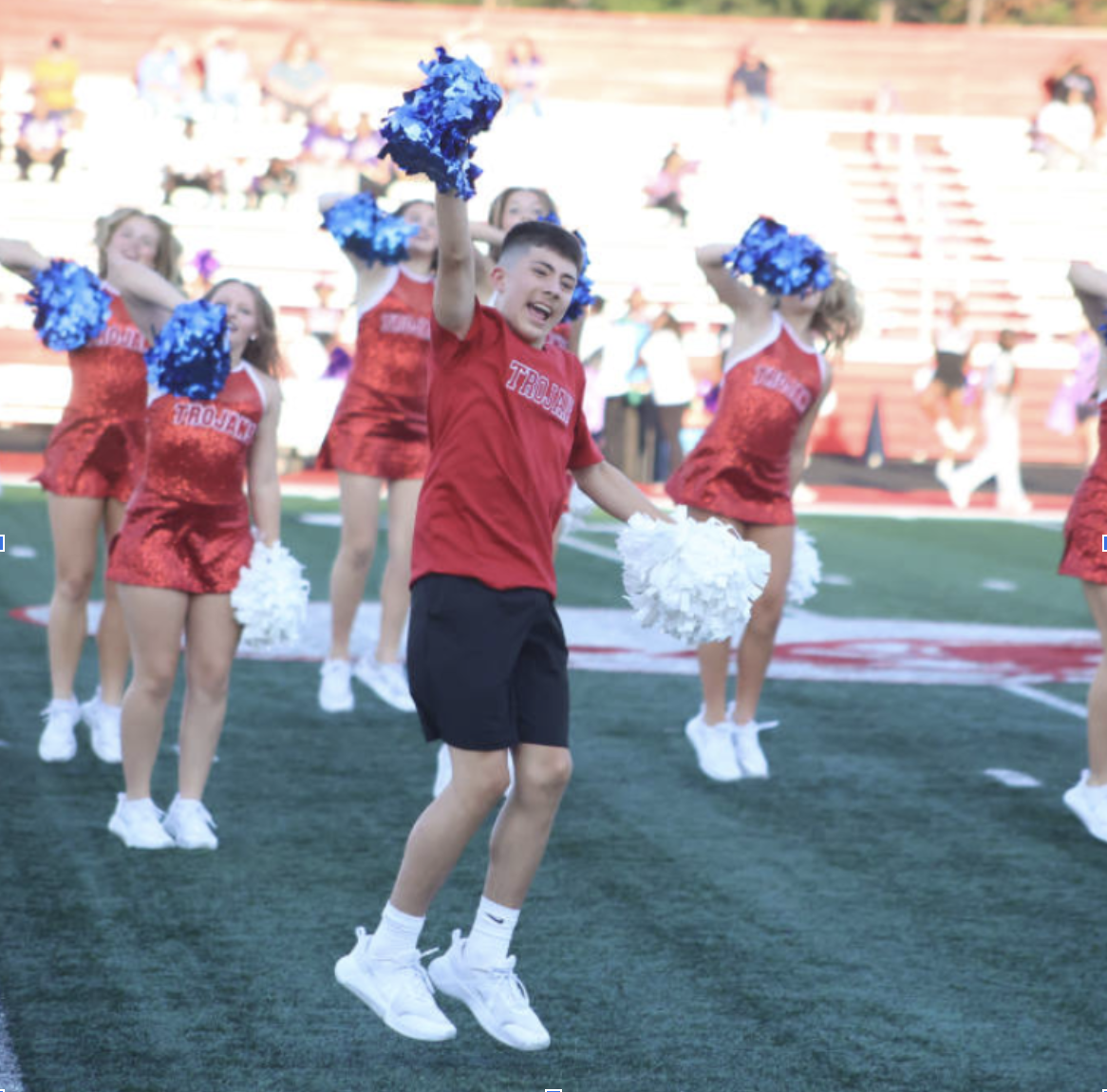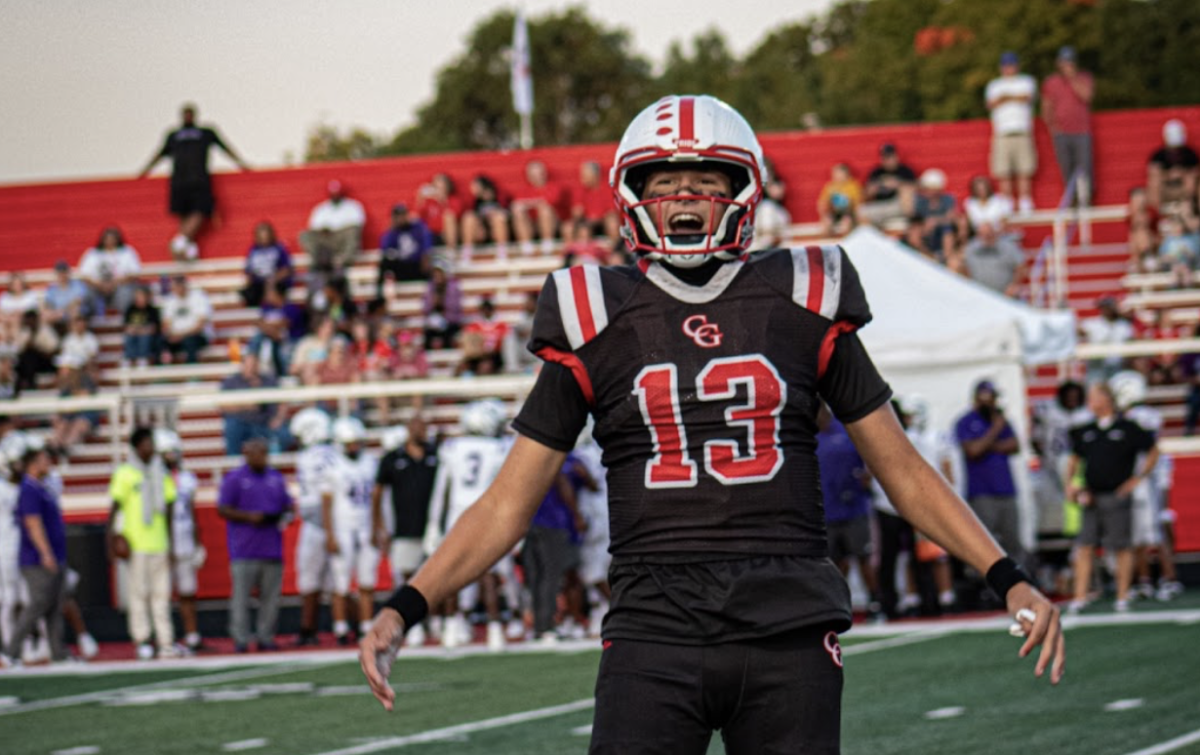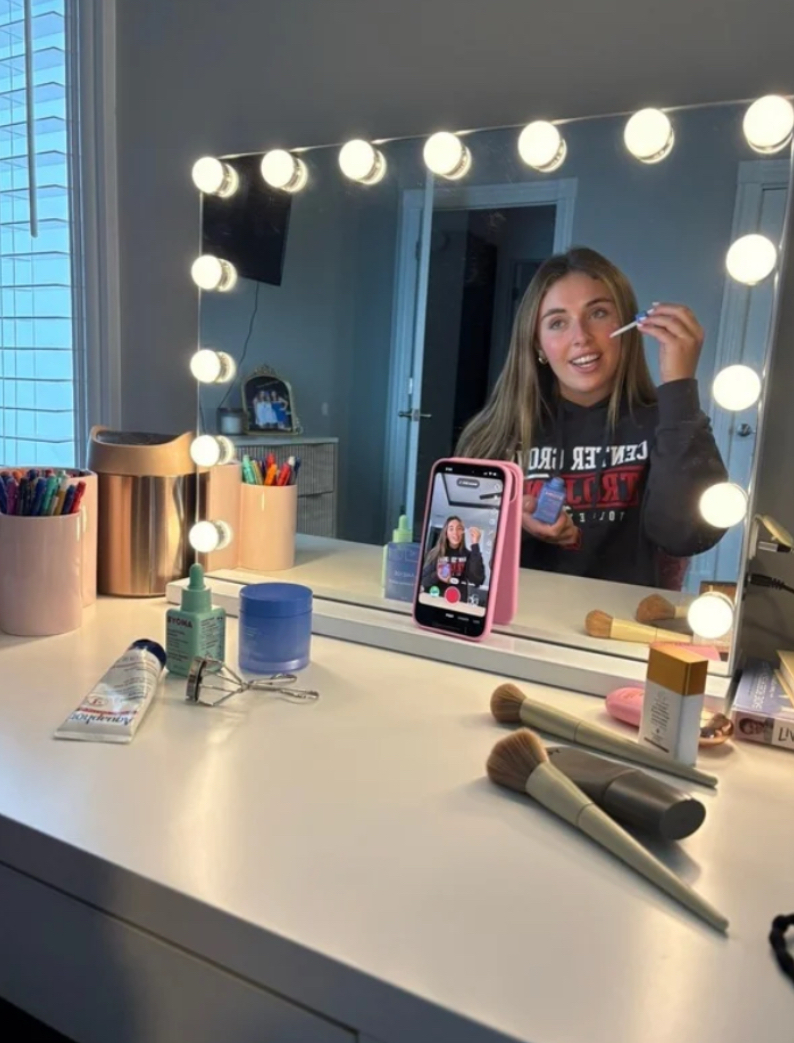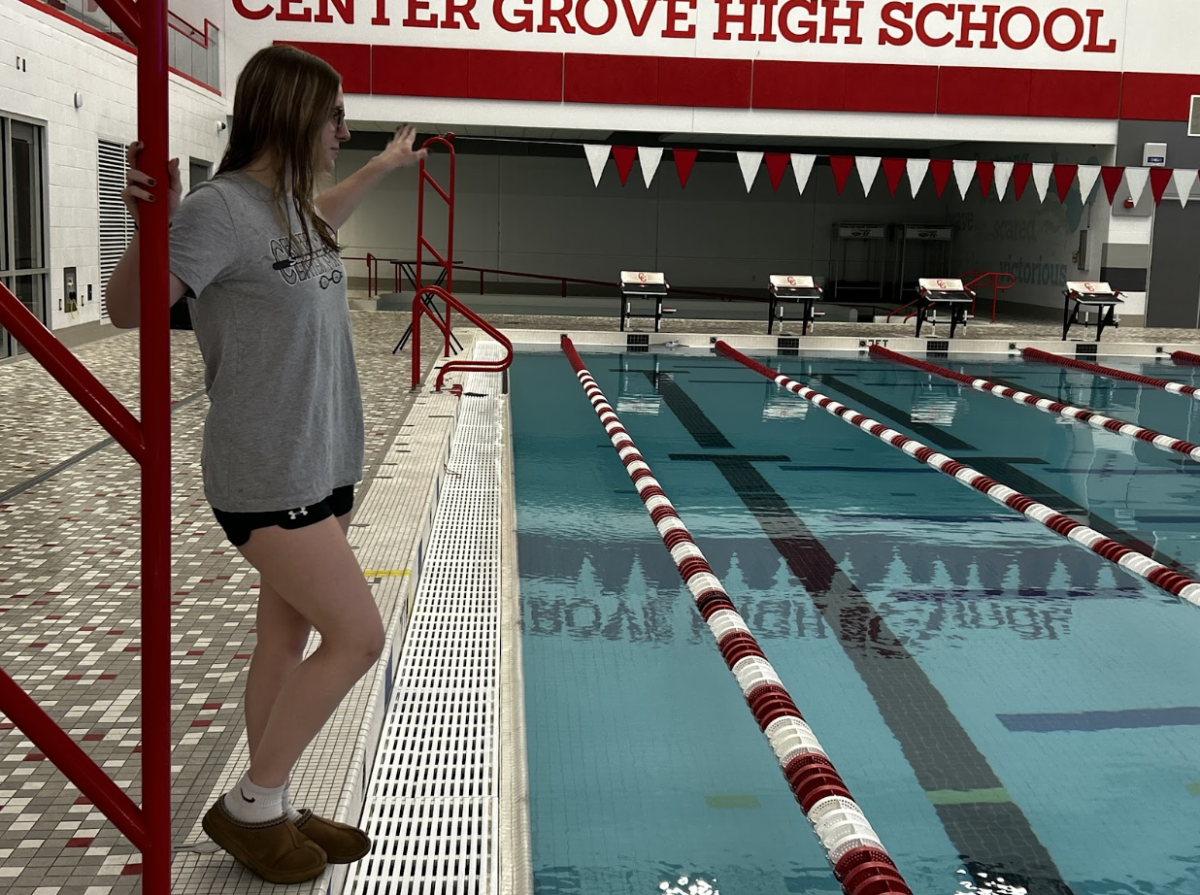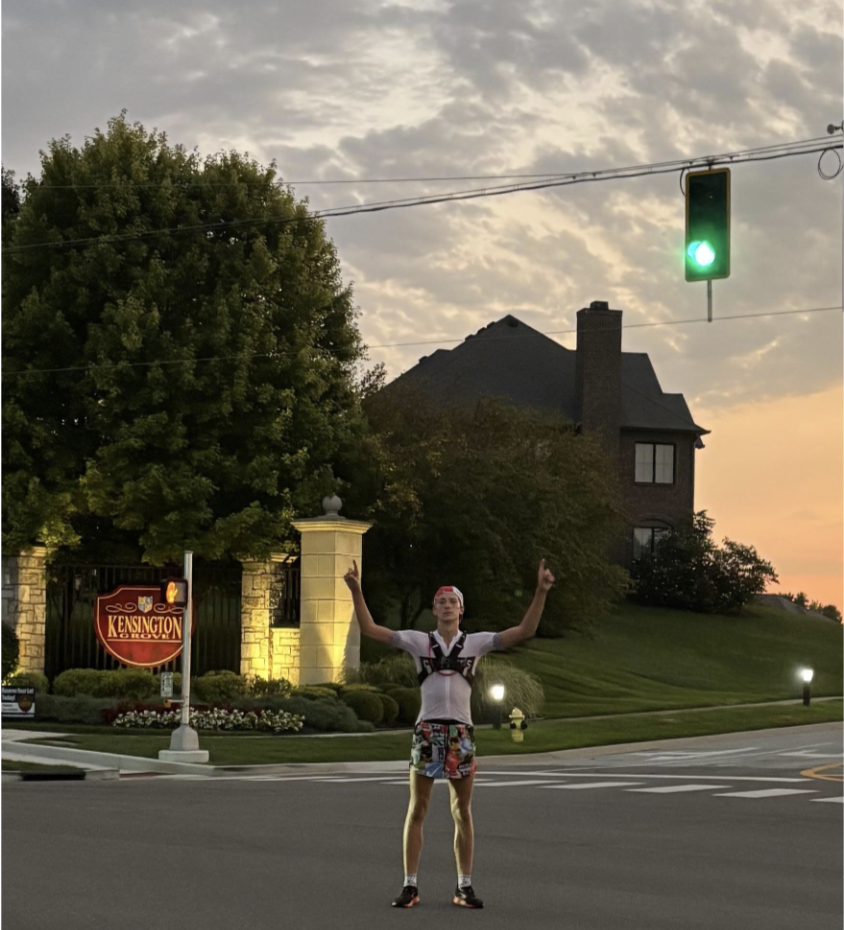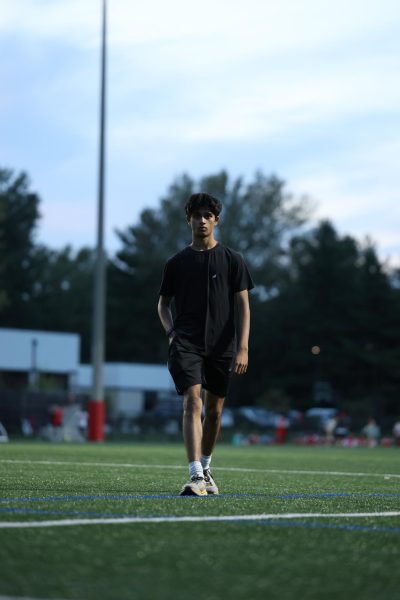Senior Addie Crowe might be a student, daughter and a soccer player, but today, she’s an actor.
Venturing into a gas station, she has one thing on her mind: buy a bottle. Carrying out a tentative operation, there’s no question about what she has to do: buy alcohol. The real question? Whether the clerk will sell it to her.
She’s under 21, so she doesn’t have an ID. That’s also what she says to the clerk as she’s asked for one. Denied purchase, she walks out the store empty-handed, but after a job well done.
Crowe works for Indiana Excise, a drug and tobacco enforcement agency affiliated with the Indiana State police. She is part of a special program run by IU Health that targets the issue of underage drinking and smoking, which requires her to go into establishments that sell alcohol undercover, along with police escorts.
“I work with Excise police to go to liquor stores to buy cigarettes and alcohol to see if they will sell to underage kids,” Crowe said. “There are two [police officers] always with me. One of them goes undercover to make sure if anything goes awry or if I get into a dangerous situation.”
Underage drinking, the problem Excise is trying to combat, has been a problem in Indiana for a while. In a study cited by the Family and Social Services Administration in 2018, about 9% of 12-17 year olds had consumed alcohol in the past month, and 55% of 18-25 year olds had done the same. Underage drinking can have a big short-term impact on youths and those around them.
“The thing with alcohol, especially when someone is underage and they usually are either someone with a fake ID is getting the alcohol, or someone of age is getting the alcohol for them,” Dawn Townley, a police officer from the Excise program, said. “It leads to sneaking or having parties at your house or someone else’s house that puts your parents or whoever’s house at huge risk of civil liability because you’re drinking alcohol under the age of 21 at someone’s house.”
Compounding the effects of civil liability associated with underage drinking, however, is the mental and physical toll it can have on a youth.
“Sneaking [around] leads to more binge drinking, because they’re trying to quickly hurry up and rush and drink it, as opposed to someone who is of age and can go out and have a drink, or be in a social setting and have a drink,” Townley said. “I think the pressure of it leads to a lot more binge drinking, which not only leads to more health problems, but very poor decision making. Then, you throw in transportation. Most high school kids under the age of 21 aren’t out there taking Ubers. They’re driving to and from [their] friends’ houses, so now you’ve put that youth who has drunk alcohol behind the wheel of a car, and most of the time it’s binge drinking. It’s just a snowball effect.”
To help combat this problem, undercover teens like Crowe go to establishments to see if they sell alcohol to people under the age of 21. While most trips end uneventfully, there have been instances where Crowe has been sold alcohol.
“I’ve been sold alcohol twice,” Crowe said. “I go in and pick up something from the gas station, and they don’t ask me for my ID; I just walk out with the alcohol after paying for it, and the cops go in and write them a ticket.”
Participating in the program has led to interesting moments for Crowe, who has almost been involved in altercations while working, though the presence of an undercover cop has helped assuage those concerns.
“This guy got into an argument with me because I kept asking for cigarettes and he wouldn’t sell them to me, and he just started yelling at me. I don’t really want to be attacked, but I have a cop with me so I feel a little bit better,” Crowe said.
Working her job, Crowe has been able to see the reality that teens who seek and receive alcohol from common establishments experience, and see the effect her program can have in making the streets a safer place.
“A lot of places I’ve gone to don’t really check, or just look at my face and think I’m 21, so I think a lot of kids now are buying vapes and weed and underage alcohol. It just makes it a more dangerous place for those kids out there, because they are underage, so if something happens and they’re 18, they can go to jail. There are bigger consequences than what they think,” Crowe said.



